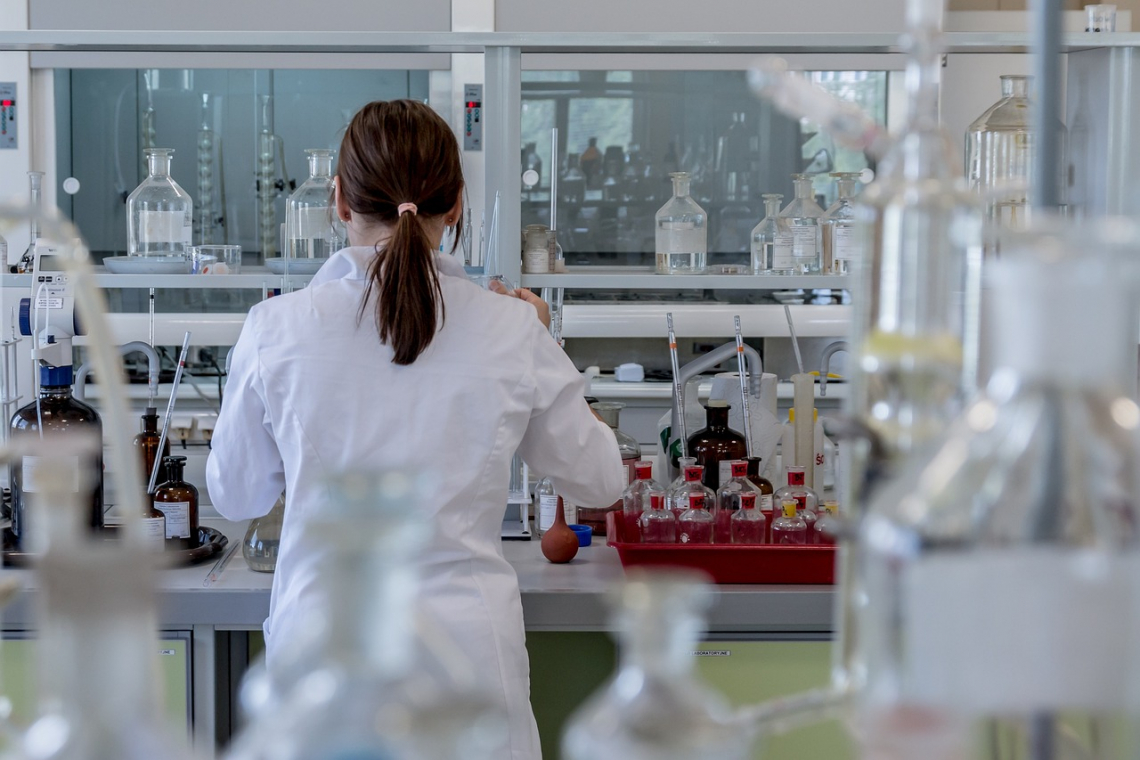The new real-world laboratory of the Fraunhofer Research Institution for Energy Infrastructures and Geotechnologies IEG aims to open up new options for a reliable, future-proof and sustainable heat supply in the Rhenish mining area. It will give local authorities and industry access to geothermal expertise. The real-world laboratory is a first step in the structural change from coal mining to thermal mining and thus to new value creation. The federal government and the state of North Rhine-Westphalia are using funds from the coal phase-out to support the project of the Fraunhofer Research Institution for Energy Infrastructures and Geotechnologies IEG with a total of around 52 million euros. Deep geothermal energy uses hot water from deep underground to provide district heating and process heat, for example. Many applications can benefit from climate-friendly energy from hot water-bearing layers, such as municipal heating networks, greenhouses and the chemical industry, as well as sugar and food production, wood and paper processing and the metal, cement and construction industries. In the major cities of Munich and Paris, geothermal heating plants are already making an efficient and reliable contribution to the municipal heat supply, while in the Netherlands and Belgium they supply district heating systems and greenhouses with process heat. Geothermal energy is reliably available all year round, it is sustainable, affordable and weather-independent, crisis-proof, import-independent and virtually inexhaustible. It also requires the least space of all renewable technologies.





